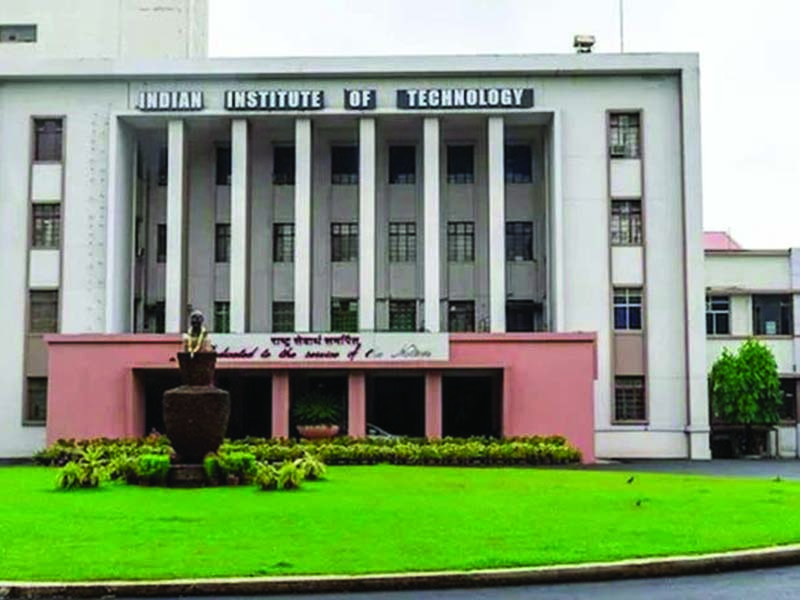Current Issue
From the Archives
Poor Rich Billionaire

Media Bytes
“If India wants to retain its IT edge, it must act on multiple fronts. For policymakers, the challenge is to reimagine skilling. India's engineering colleges must overhaul their curricula. Government programmes must incentivise Al literacy, not just digital literacy. And industry must invest in reskilling, not just recruitment.”
— Shashi Tharoor, The Hindu, (4/11)
“The SCALE of the renewables revolution in China is almost too vast for the human mind to grasp. By the end of last year, the country had installed 887 gigawatts of solar-power capacity—close to double Europe’s and America’s combined total. The 22m tonnes of steel used to build new wind turbines and solar panels in 2024 would have been enough to build a Golden Gate Bridge on every working day of every week that year. China generated 1,826 terawatt-hours of wind and solar electricity in 2024, five times more than the energy contained in all 600 of its nuclear weapons”
— The Economist, (6/11)
















Add comment